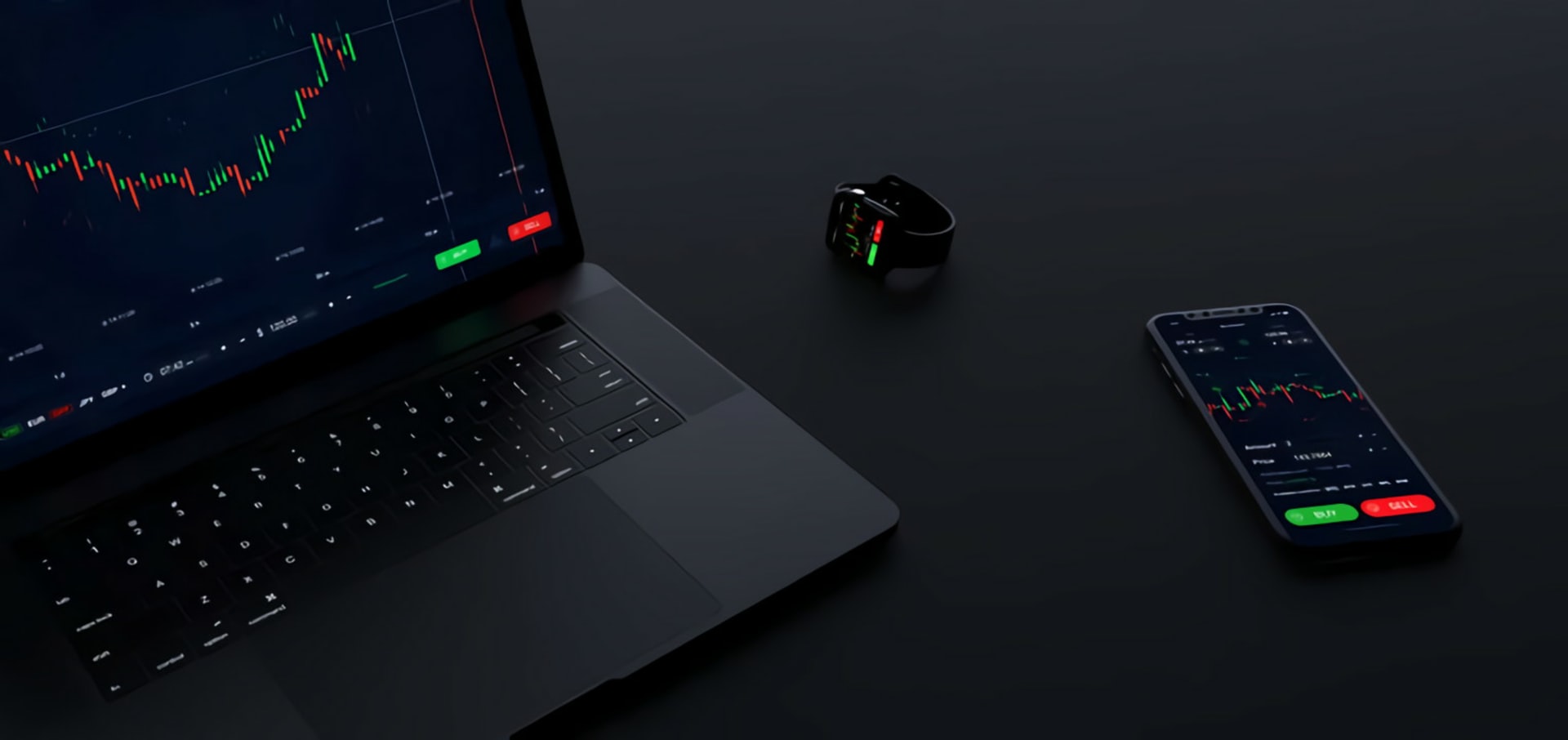The Forex market, often known as the global foreign exchange market, is the world’s most extensive and most competitive financial industry. Its average turnover reaches $5 trillion, which is greater than the aggregate turnover of all national stock exchanges. Financial experts and leading economists expect that the foreign currency market will expand tremendously as a result of globalisation and the popularity of remote work.
In these circumstances, the online brokerage area appears to be highly promising compared to traditional firms, which are easily thrown off balance by natural economic swings and crises. Despite this, starting an electronic brokerage firm has substantial hurdles that can be catastrophic if not well prepared. This article will outline some of the major challenges of running forex brokers in India. Keep on reading to make sure that you take every step in the right direction.
OVERVIEW OF THE FOREX MARKET IN INDIA:
The Foreign Exchange Market (FOREX) is the marketplace where global currency trade takes place, i.e. where foreign currencies are purchased and exchanged at the same time. It is the organisational structure within which banks, traders, businesses, investors, people, and governments trade foreign currency.
For instance, the currency in circulation in India is known as the rupee INR, whereas the cash in operation in the United States is known as the US Dollar (USD). Selling the Indian rupee while concurrently purchasing the US dollar is an illustration of a Forex transaction. The forex marketplace has no physical location; it is an electronically connected network that operates 24 hours a day.
The exchange rate is the cost at which one currency is traded for another or the worth of one currency in relation to another currency. A US dollar, for instance, costs 63 INR rupees. This is the Indian rupee to the US dollar exchange rate.
The Indian foreign currency market began in 1978 when the government permitted institutions to exchange foreign exchange with one another. The Foreign Exchange Market in India is governed and supervised by the Central Government of India, which has extensive authority over foreign exchange transactions. The Foreign Exchange Management Act, or FEMA 1999, governs and controls the whole Indian foreign exchange market. Prior to the implementation of this legislation, the Reserve Bank of India managed the foreign exchange market in India via the Exchange Control Department under the Foreign Exchange Regulation Act, or FERA, 1947.
CHALLENGES FACED BY FOREX BROKERS IN INDIA:
- Forex broker license and regulation challenges:
As forex trading is highly regulated in India, you will have to go through extensive documentation and processes to get verified licensing to start your brokerage firm. You can seek law firms in India that can assist you in establishing your company and creating the licencing procedure. Also, Google can assist you in locating someone who can help you.
You’ll also require a business bank account to run a forex brokerage firm. Unfortunately, banks are frequently unwilling to grant forex firms, particularly unregistered ones, bank accounts. You may need to call several banks before finding one that will deal with you. Speak with your liquidity and white label firms; they may be acquainted with banks that accept FX providers.
- Counterparty Risks and challenges:
Because the currency market is transnational, it is difficult to regulate. It typically refers to the sovereignty of numerous countries’ currencies. As a result, it builds a situation in which the Forex market is primarily uncontrolled. There is no centralised exchange that promises a risk-free trading experience. When any trader begins trading, they must also be aware of the hazards they face.
- Leverage Risks:
Forex markets, in return, offer the most leverage. Leveraging entails risks and a risk-to-reward ratio of 20 to 30 times. Furthermore, because there is no limitation to the amount of fluctuation that occurs in the forex market in a single day, a person might lose all of their savings in seconds if they place large leveraged trades.
- Operational challenges:
Operationally, currency trading activities are typically tough to manage. It is because the market operates continuously, whereas people do not. The market participants can also use algorithms to assist safeguard the value of their investments while they are abroad. Multinational corporations also have trading desks located all over the world. As a result, they can only be carried out on a massive scale.
FINAL THOUGHTS:
India is not the only country that has restrictions on Forex trading. The FEMA legislation prohibits trading on pairings other than the RBI. In India, trading using an internet broker is a non-bailable crime. The existence of several online brokers misleads forex traders. The RBI maintains that these measures are in place to keep dealers from losing huge money. Nonetheless, many Indian citizens feel that the primary motive is to stop the country’s money overflow.



 Bitcoin
Bitcoin  Ethereum
Ethereum  Tether
Tether  XRP
XRP  Solana
Solana  USDC
USDC  Cardano
Cardano  TRON
TRON  Lido Staked Ether
Lido Staked Ether  Toncoin
Toncoin  Avalanche
Avalanche